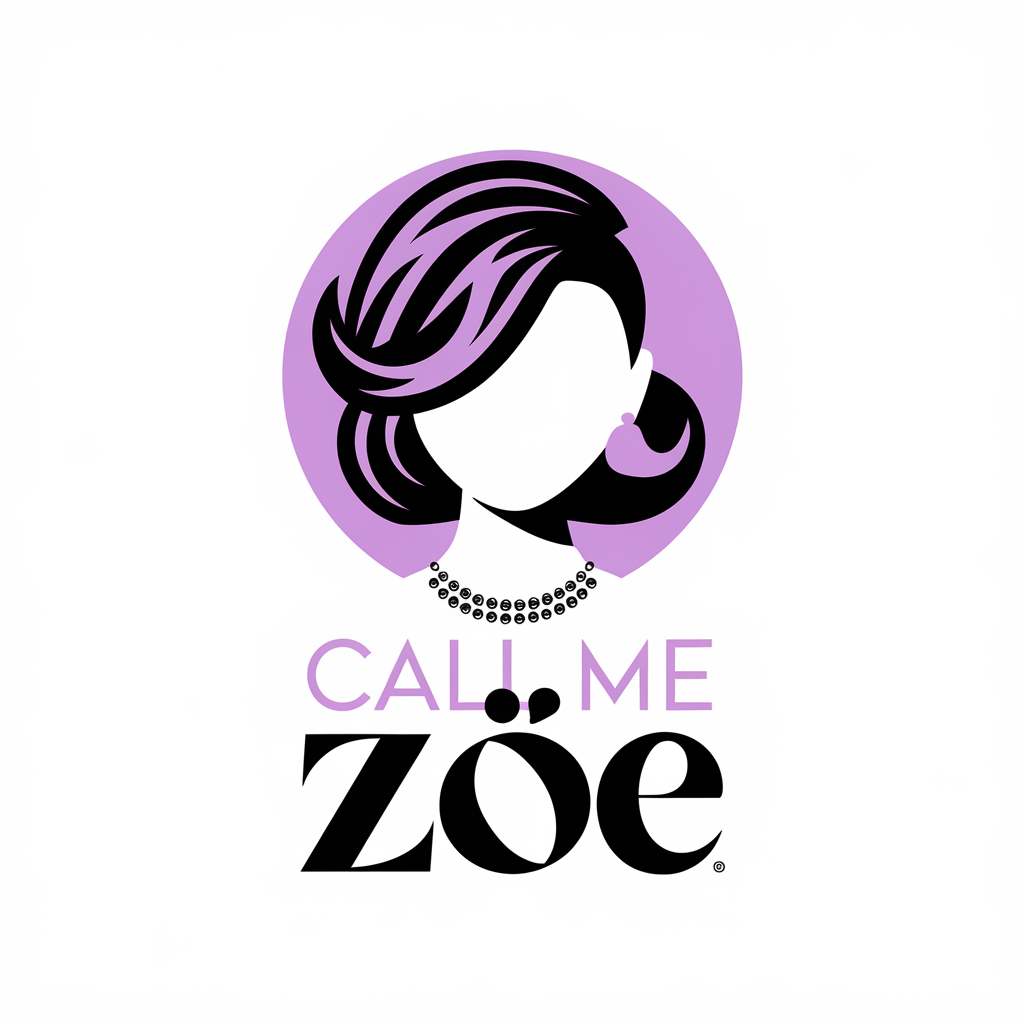
My Loved One Just Came Out as Transgender – Now What?
It’s a tough time in the world to come out as transgender – the world’s a shitty place in a lot of ways. There are a lot of fears involved in coming out to your family and loved ones – and there’s statistically a good chance someone you know has those fears about coming out. I’m going to talk about some ways that people I love handled my coming out to them and ways that I wished others had been better, and hopefully, that will help you to be good to the ones you love.
Be A Good Person Before You Know
The first thing you can do to help support your transgender loved ones, coworkers and acquaintances is to not be a shitty person all the time. Before I came out, there were people who assumed I was a cis male and they made terrible homophobic and transphobic remarks. I wish I could say I was always brave enough to speak up and say “That’s not kind or appropriate,” but it wasn’t really the culture for me to speak up against higher ups. So, when I finally let some coworkers in on my secret after I left, I sure as hell didn’t let them in on it.
There’s no “safe space” for bigotry and hate. You can’t make the off-hand transphobic joke because “it’s just us here, no one will mind.” You do not know which co-workers or friends or family aren’t out yet. And chances are if they know you make those kinds of comments you’re probably not going to need the rest of this guide because they’re not going to come out to you. And if they’re important to you, that’s going to drive them away eventually.
React with Love
The first and foremost thing someone needs when they come out to you is love – however you express it in your relationship. It may be different for others, but for me when I was uncertain how someone would react I first worried whether our relationship would survive. Coming out as transgender to loved ones is harrowing when you’re unsure or definitely sure they’ll react poorly. To this day I still haven’t come out to my mom and step-dad because I know that’s going to be a defining moment for the rest of our relationship.
So for example, if your spouse comes out to you – the first thing you should do before making any other statements is tell them how much you love them. Let them know that they’re important to you and that they still have you. I was lucky that my wife’s reaction was unsurprisingly and overwhelmingly positive. I talked to them during my questioning though, so I was not surprised when I finally came out that they were there for me.
Remember It’s Not About You
When someone comes out to you, don’t make all your interactions about your questions/curiosities about being transgender, their body, or their transition plans unless they’ve opened the door for you to do so. It’s also important to remember they can close that door at any time and you need to respect it. Trans people don’t exist for your education. There are plenty of resources on Google that you can use and you can (politely) ask questions on /r/AskTransgender.
If you’re in a romantic relationship with this person, there’s definitely going to be time for questions about how things might change or stay the same in your relationship. Give your partner some space to first say their peace about what they want you to know. Go very slowly with logistics questions and don’t overwhelm them all at once. Offer any help or support they need right now. They will come to you if they need help with presenting or making transition plans. But remember this is their body, their life, and their journey – not yours.
Don’t Put Pressure on Them to Present
Coming out as transgender is a difficult step even with the most supportive friends and family. One of the most important things to learn is that YOU DO NOT HAVE TO PRESENT IN ORDER TO BE VALID. So don’t tell your loved one to put on more masculine/feminine/andro clothes or to wear more or less makeup. Every day that person is transgender. There’s no modifier to that sentence. They’re still transgender if they haven’t shaved, if they don’t put on makeup, if they’re not wearing their binder, if they’re wearing their old clothes, or if they don’t make any changes at all. Some people can’t, some people don’t want to do any of that – and that’s OK.
Having family support in this area is crucial – I have sat and cried many times because my brain says things like “Maybe if I just put on makeup more often, people would misgender me less and stop using my old name.” It’s simply not true. Make a point to show your loved one that they’re valid by recognizing their gender in your everyday circumstances.
Also: FUCK GENDER ROLES.
Respect Pronouns and New Names
Strangers may flub pronouns, but typically if the only name they know a trans person by is their new name (if they have one, you don’t have to change your name) then they don’t struggle with it. Family and long-term friends, however – may struggle a lot with a new name and pronouns. I get it – you’ve known this person a very long time and you’ve always called them Diane. But Diane has come out to you, and wants to be called Jeff and use “he/him/his” pronouns. When you look at Jeff, your mind automatically thinks “That’s Diane,” and so in casual conversation, it’s easy to slip back into calling Jeff by his old name (or dead name, as it’s sometimes called).
This varies from person to person, but typically it’s easy for me to forgive people who knew me by my old name for a long time, especially if it’s a slip-up. I have a real hard time with folks who don’t at least try. It’s very invalidating and it crushes my self-esteem when someone I care about doesn’t recognize my gender or preferred name on purpose.
I’m Gonna Fuck This Up, I Just Know It
Several friends immediately offered an advance apology, saying they know they’ll probably forget and slip up but it’s not intentional. I’m well aware. So what’s a cis person to do when someone you’ve known a long time comes out and you don’t want to disrespect them but you’ve slipped up right in front of them? Don’t call unnecessary attention to it. A simple in-the-moment “he – oops, I mean her” or something is probably fine but talk to your loved one and find out what they prefer.
I definitely don’t want to experience the mortification of a friend verbally and ritualistically flaying themselves over a little mistake that calls more attention to me than the mistake did. Maybe you and your loved one can come up with a code or a look that basically means “I know I fucked up, I’m sorry” that doesn’t call attention to it.
Just put in effort. Putting in the effort to call someone by their new name and use their preferred pronouns is easy, and it’s a simple way to show someone you love them.
Offer to Go With Them
It’s definitely not a safe time, in any part of the world, to come out as transgender and present in public. But even in relatively safe situations, it can be daunting to go out in public presenting true to oneself. If and when the time comes, offer to go with them. It could be as simple as a trip to get gas or go grocery shopping. If you’re dining out with friends, and you share a gender with your loved one, offer to go with them to the bathroom.
Having someone to go with means others will hopefully automatically pick up on preferred pronouns, they’ll have a feeling of safety and familiarity, and they’ll have support in case they need it. If your loved one is already dealing with anxiety or depression, everyday outings while presenting can be a damned nightmare.
Listen to and Encourage Them
If you’re not transgender, the best thing you can do to support and be a good ally is to close your mouth and listen. Transgender voices are important, special, and they are too often drowned out by cisgender people talking over them about what’s the best thing for them. So if your loved one is telling you about their experiences, listen to them. Validate them. Let them feel their emotions and don’t stifle them.
Secondly, we need more transgender creators and makers in this world. Encourage any creative or artistic endeavors they might be interested in. You’ll likely see them light up inside to see their creativity nourished. Spend your money on media and art created by trans people. Show your loved ones that you want them to succeed.
Grow With Them
Transition, whether physical or not, can bring about a lot of changes in a transgender person. For me, some traditionally feminine things were (falsely) off the table for me when I thought I was a cis man. During the time I was questioning and figuring things out, I realized that my genitals had nothing to do with what kind of music I liked, or which colors I was allowed to say were my favorite. So while not every new favorite color and new taste in music have to do with their realized true gender, some things might have been their tastes all along and now they feel free to embrace it.
This can be tough on friends and family, because it feels like getting to know someone all over again. It’s the same for us – we’re just getting to know ourselves for the first time, or just getting to finally be ourselves for the first time. Since you love them, be supportive instead of criticizing. If you don’t like that your buddy loves Nicki Minaj now, well you just have terrible taste in music.
Remember that this is the same person you’ve always loved. They are changing in some ways, but what makes them the person you love should be the same. You wouldn’t be here reading this guide if you didn’t care about them. Be a good person, own your mistakes, and love them like you always have.
Was this guide helpful? Do you have any tips you wish your family and friends had when you came out to them? Is there anything you wish you’d known or done differently when your loved one came out to you? Let me know in the comments. I’ll update this guide with the most useful and thoughtful tips. 🙂

